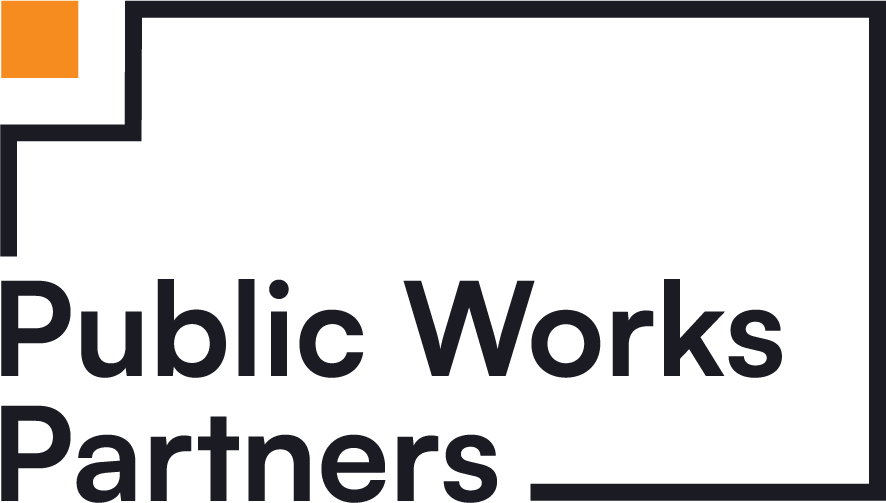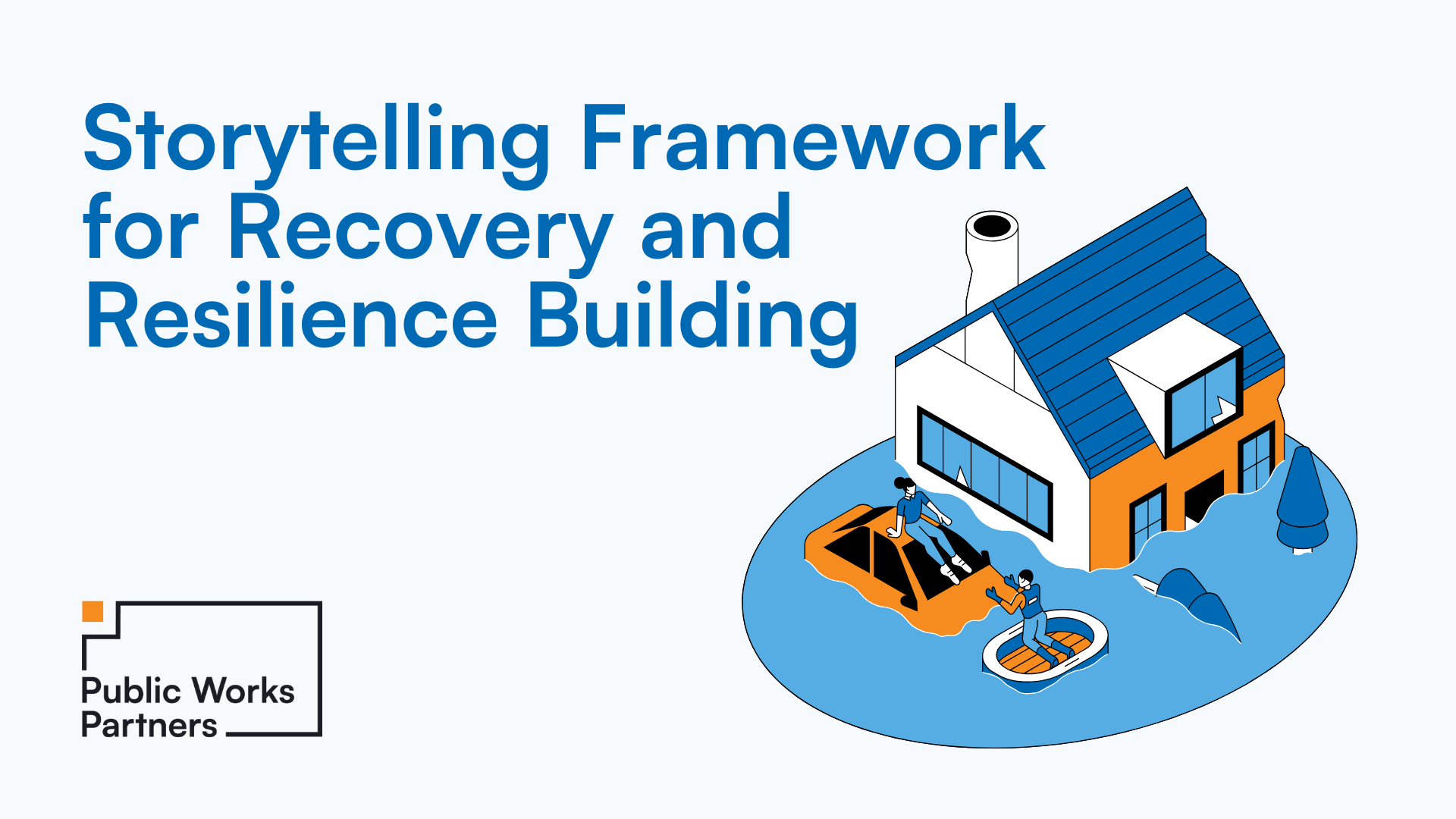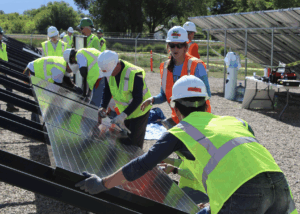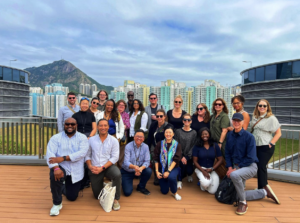Disasters disrupt not just the physical landscape but also communities’ social and emotional fabric. In these moments of upheaval, storytelling is more than a means of collecting experiences. It is a strategic tool for recovery and resilience. Developed by Public Works Partners, the Storytelling for Recovery and Resilience Framework provides a structured approach to utilizing narratives’ power in navigating crises’ aftermath. Grounded in the principles of Authenticity, Inclusivity, Hope & Resilience, and Actionability, this framework supports communities as they heal, rebuild, and create a shared vision for the future.
Drawing lessons from past disasters like Hurricane Katrina, 9/11, and Superstorm Sandy, we demonstrate how this framework can guide recovery efforts and offer a pathway forward for communities grappling with the devastation of the LA wildfires.
Authenticity: The Foundation of Trust
Authentic storytelling begins with listening. After Hurricane Katrina, first-person accounts of residents in New Orleans exposed systemic inequities that had long plagued the city, such as unequal access to emergency services and recovery aid. Documentaries, oral histories, and grassroots campaigns ensured these stories reflected the unfiltered realities of those affected.
For the LA wildfires, collecting and respecting the genuine experiences of displaced families, firefighters, and local leaders is crucial. Authentic stories highlight the true extent of the damage and provide a foundation for meaningful, targeted recovery efforts.
Inclusivity: Amplifying All Voices
Recovery is incomplete without the inclusion of diverse perspectives. After 9/11, stories from survivors, first responders, and families of victims created a tapestry of narratives that honored the multifaceted impact of the tragedy. Importantly, initiatives like the 9/11 Memorial Museum ensured that no voice was excluded from the collective memory.
Similarly, recovery from the LA wildfires must include stories from Indigenous communities, low-income residents, and others disproportionately affected by the disaster. By amplifying these voices, recovery plans can be equitable, addressing immediate and systemic challenges.
Hope & Resilience: Helping Rebuild Community Spirit
While stories of loss are important, narratives of resilience are equally vital. After Superstorm Sandy, communities shared tales of neighbors helping neighbors, grassroots recovery efforts, and the resilience of individuals facing adversity. These stories shifted the focus from despair to progress, encouraging broader community participation in rebuilding efforts.
For the LA wildfires, sharing stories of firefighters’ heroism, local businesses stepping up to provide resources, or neighbors banding together to support one another can inspire hope and galvanize action. Resilience-focused storytelling demonstrates that recovery is possible, even in the face of overwhelming challenges.
Actionability: Turning Stories into Solutions
The ultimate goal of storytelling is to drive action. After Katrina, authentic narratives prompted policy changes and spurred investments in equitable disaster preparedness. For Superstorm Sandy, storytelling catalyzed funding for climate resilience projects, like improving infrastructure to withstand future storms.
In LA, actionable storytelling could highlight gaps in wildfire preparedness, advocate for better housing solutions for displaced families, or push for greater investment in fire prevention measures. Stories can align stakeholders around clear goals, such as reforesting burned areas, creating affordable housing, and building fire-resilient infrastructure.
Bringing the Framework Together
By applying Public Works Partners’ Storytelling for Recovery and Resilience Framework, communities can transform the recovery process into a journey of empowerment and collective action:
- Collect authentic stories that reveal the full impact of the LA wildfires.
- Include all voices to ensure equitable recovery solutions.
- Highlight resilience to inspire hope and momentum.
- Use a trauma-informed lens to translate stories into action, guiding recovery strategies and building long-term resilience.
Disasters like the LA wildfires require intentional, community-driven, and trauma-informed strategies for equitable rebuilding. The Storytelling for Recovery and Resilience Framework, developed by Public Works Partners, is more than a method for documenting history. It is a strategy for healing, rebuilding, and inspiring action. By collecting genuine experiences, amplifying diverse voices, fostering hope, and pushing for actionable solutions, storytelling becomes a catalyst for recovery and a foundation for building resilient communities.
Let us listen, learn, and act, because the stories we tell today will shape the future we build tomorrow.





